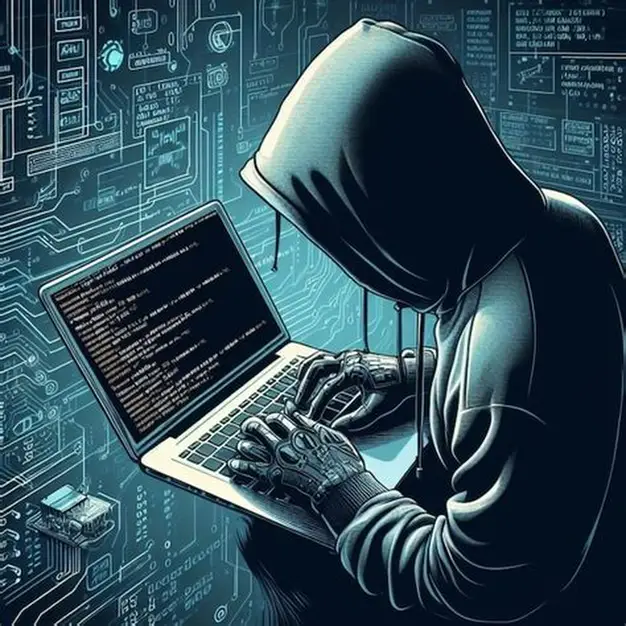In a world where a single click can expose your personal data, and false headlines spread faster than wildfire, digital safety is no longer optional it’s essential. The rise of phishing scams, hacked accounts, and AI-generated misinformation has created a hostile online environment for individuals, communities, and even governments.
Today, digital safety means more than having antivirus software it’s about protecting democracy, ensuring press freedom, and building a culture of resilience against cyber manipulation. Across Africa and beyond, cyberattacks are growing in sophistication, targeting not only private citizens but also media organizations, NGOs, and state institutions.
The Threat Landscape
For individuals, risks range from phishing emails disguised as banking alerts to hackers exploiting weak passwords. Social media impersonation scams are robbing victims of their savings, while online harassment and doxxing are silencing activists and journalists.
For institutions especially those critical to public trust state-sponsored surveillance, ransomware attacks, and mass data leaks threaten the stability of democratic processes and public services.
Learning from Leaders
Countries like Estonia have become global examples of national digital safety. After suffering a massive cyberattack in 2007, Estonia built one of the most advanced e-governance systems in the world—fortified by strong legislation, nationwide digital literacy programs, and secure citizen authentication tools. Their approach blends infrastructure resilience with public education, proving that both technology and awareness must go hand in hand.
Why It Matters
Without strong safeguards, public trust in digital systems crumbles. Cyber threats can disrupt elections, silence free speech, and compromise personal privacy. At a governance level, strong cybersecurity laws and transparent digital policies are essential. On a personal level, every user has a role—whether by using encrypted communication, enabling multi-factor authentication, or simply thinking twice before clicking a suspicious link.
Practical Steps You Can Take Today
-
Use Strong, Unique Passwords and change them regularly.
-
Turn on Multi-Factor Authentication everywhere possible.
-
Avoid oversharing personal details on social media.
-
Verify news before sharing use fact-checking platforms like AfricaCheck or Dubawa.
-
Keep devices updated and avoid public Wi-Fi for sensitive transactions.
Digital Safety Guidelines
A Local Call to Action
Across Ghana and the wider region, a coordinated approach is needed combining public awareness campaigns, open-source safety tools, and partnerships between government, tech innovators, and civil society. Journalists, activists, and students should be trained in secure communication, while local startups should be encouraged to develop preventive cybersecurity solutions.
As Amnewsworld’s guiding principle states: “We are not here to profit from your fears. We are here to prepare you to fight them.”
The choice is simple act now, or risk being unprepared in the face of an increasingly dangerous digital landscape. Start by taking one action today: update your passwords, enable MFA, or teach someone you know a digital safety tip. Awareness is power.


